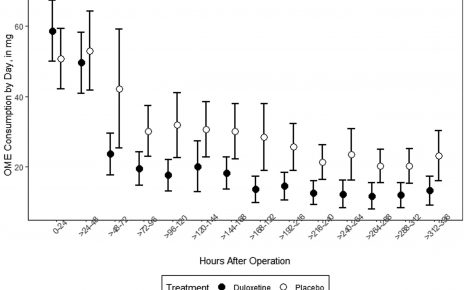Your teeth are one of our most defining features but often there are few noticeable quirks to our smiles that can actually tell a much bigger story about our overall physical and mental health.
1. Ground-down teeth
Flat worn teeth are often signs of teeth-grinding, which is largely a sign of increased stress. While grinding teeth can be seen as a harmless habit it’s important to address this as it may lead to discomfort in the muscles and jaws of the face, called TMD, later down the track. If you’re a grinder,start by simply evaluating your daily life to see what things you may be able to address to de-stress your life. If all else fails, it’s important you speak to your dentist, as you may be able to explore getting a custom-made mouth guard to prevent long-term damage, or indeed the use of muscle relaxants such as Botox to reduce the power of clenching and grinding.
2. Bad breath
Bad breath can often be linked to dry mouth and gum disease, but it can also simply reflect poor diet choices in addition to a lackluster oral health routine. On top of reviewing your diet and medications you may be taking, take a look at your oral health routine to ensure your brushing, flossing and also cleaning your tongue morning and night – while drinking lots of water throughout the day. If your bad breath persists, visit your doctor as it could be an indication of other health issues that they can explore with you.

3. Swollen gums
If you find your gums are constantly swollen, red and tender, you may already have or be developing gum disease or periodontal disease. This can often be a sign of a poor oral health routine so it’s important to prevent these symptoms by investing in a quality toothbrush in order to reduce the early signs of gum disease. If you’re already finding that you have gums that are sore to touch or are bleeding, it’s important to visit your dentist to get this checked, particularly as this has also been associated with the likes of diabetes and heart disease.
4. Mouth ulcers
In most cases, mouth ulcers clear up by themselves within a few days and are normally caused by either stress or tissue injury such as accidentally biting your cheek. On top of aiming to reduce your stress levels by pinpointing the cause of your stress, try also avoiding acidic and spicy foods while also brushing with a soft-bristled toothbrush. If you do find yourself waking up with recurring ulcers, some studies have shown a link with gluten intolerance or a mineral deficiency such as zinc, so it’s important to bring it up with your local dentist or GP to get to the bottom of it.

5. Discoloured teeth
With age, your teeth are likely to discolour through stains on the surface or by changes in the tooth material, but early discolouration through your 20’s, 30’s and 40’s can also be a sign of poor drinks and diet choices. To prevent early damage, try to avoid or simply consume less stain-causing foods and drinks such as coffee, tea, red wine, sports drinks and tomato sauce. If you do happen to eat or drink any of these items, it’s a good idea to rinse your mouth with water straight afterwards. If your lifestyle choices don’t seem to be the culprit and you’ve noticed a recent change in the colour of your teeth, it’s important to visit your dentist to explore this further.
This article was originally published by Better Homes & Gardens.
Source: Read Full Article



